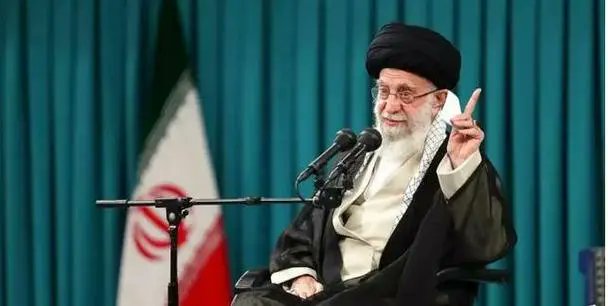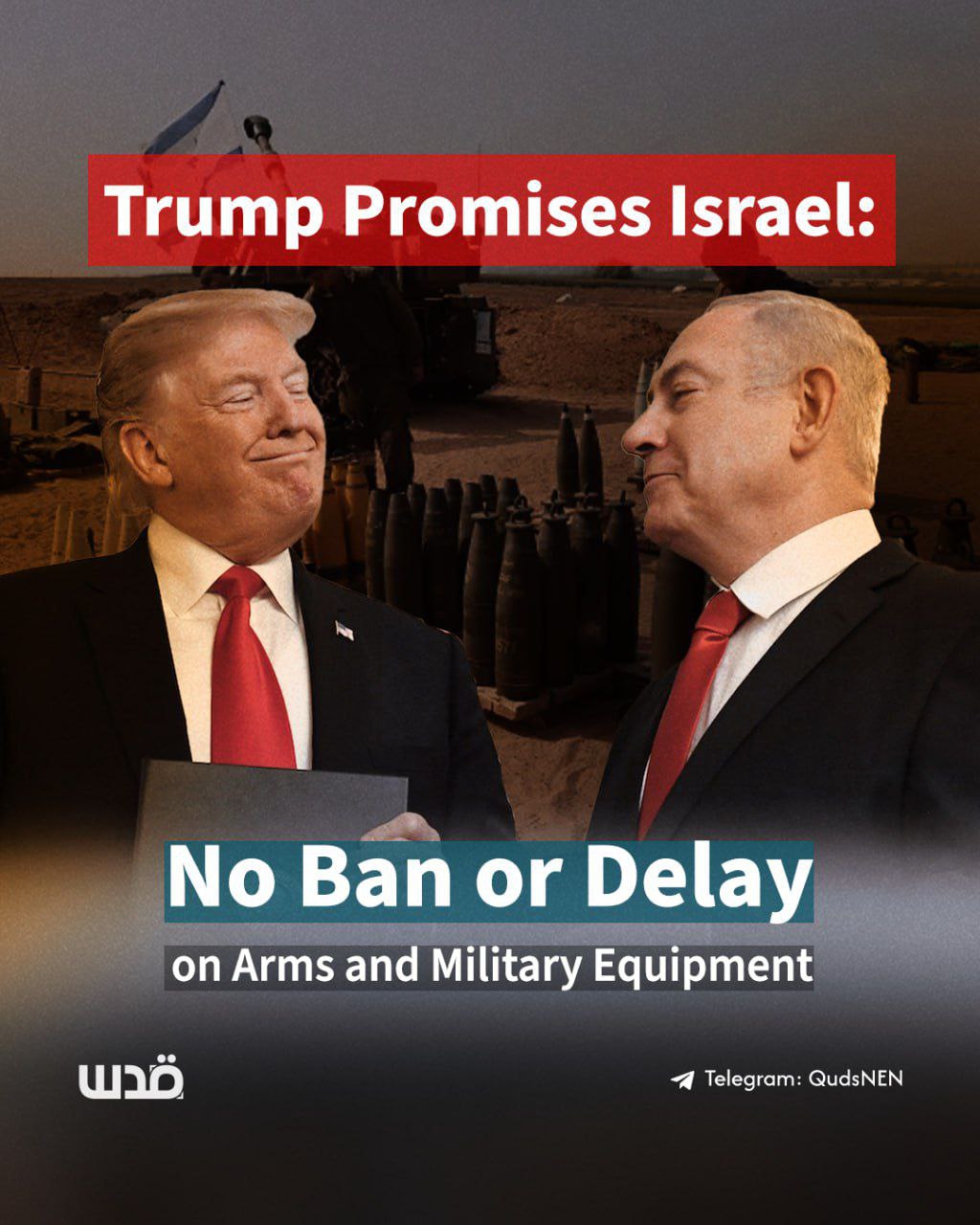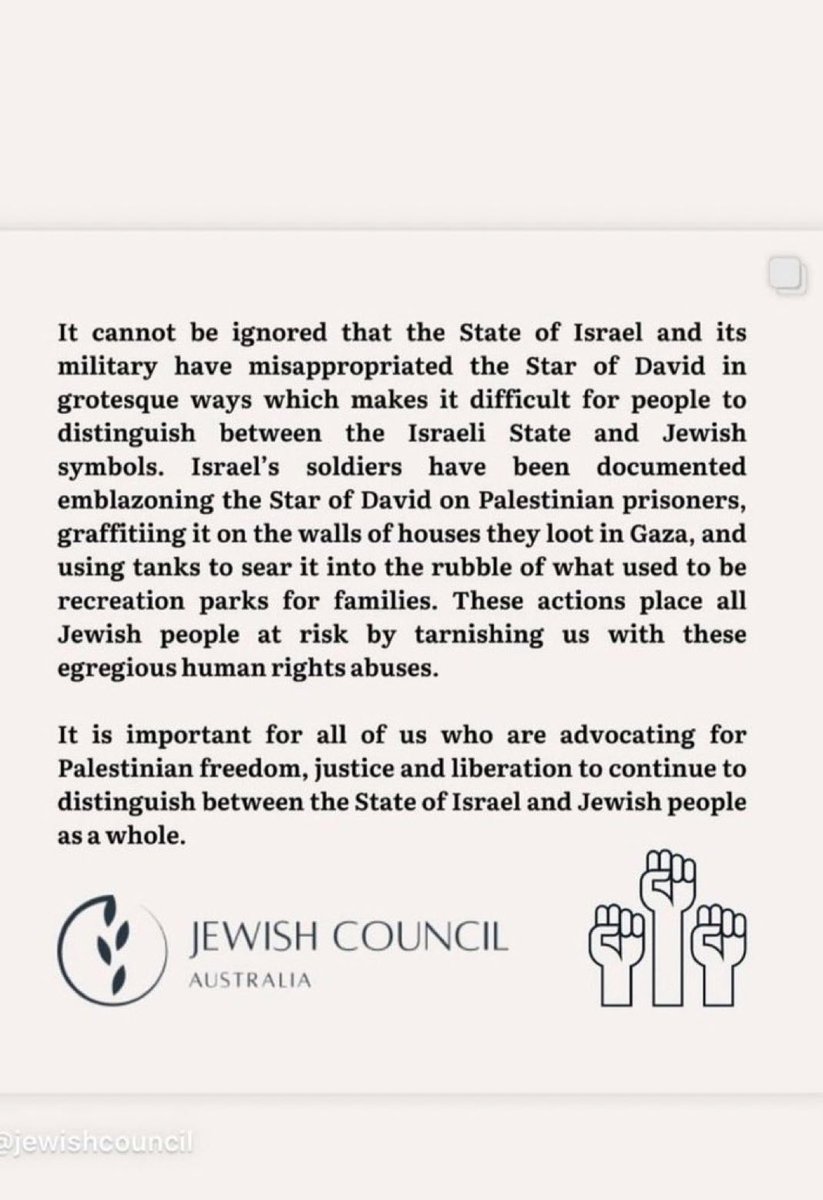Ceasefire and Israel’s downfall
Television journalists Ahmad Mansour writes:
“Israel agreed to a ceasefire with Hezbollah for many reasons, the most important of which is to separate the Hezbollah front Gaza to go after Hamas.
Like Gaza Israel has failed with Hezbollah despite its air superiority because of its shortage in weapons and ammunition after using it up by the Israeli occupation army on the heads of the Palestinians of Gaza over the past 15 months.
The amount of munitions dropped on the Gaza Strip equal the size dropped on the past two world wars.
However, the agreeing of Israel to the ceasefire agreement also relates to the fact that life and economy in the Jewish state was paralyzed because of the continuing, non-stop strikes of missiles that lead to the collapse of the spirit of the Israeli army and the injuries of 10s of thousands of its soldiers who became psychologically shocked and no longer able to fight because of permanent injuries.
This is not to mention the fight that developed over the past months between the military establishment, the Shabak, and the government lead by Prime Minister Benjamin Netanyahu.
This is the longest and most difficult war Israel has fought and it has failed in its goals to release its hostages and in addition to that Netanyahu is reordering his house with the Arab states to hitch together agreement with Israel through the coming US administration of Donald Trump and redraw the map of the Middle East with the absolute domination by Israel.
This is the plan but God has another plan which will be revealed in the coming day for Israel is collapsing from the inside and the internal conflicts with it will lead to its downfall as many Israeli analysts predict and who say that accords with other Arab countries will not save it. Israel is now on the edge of the abyss and nothing can save it.”











